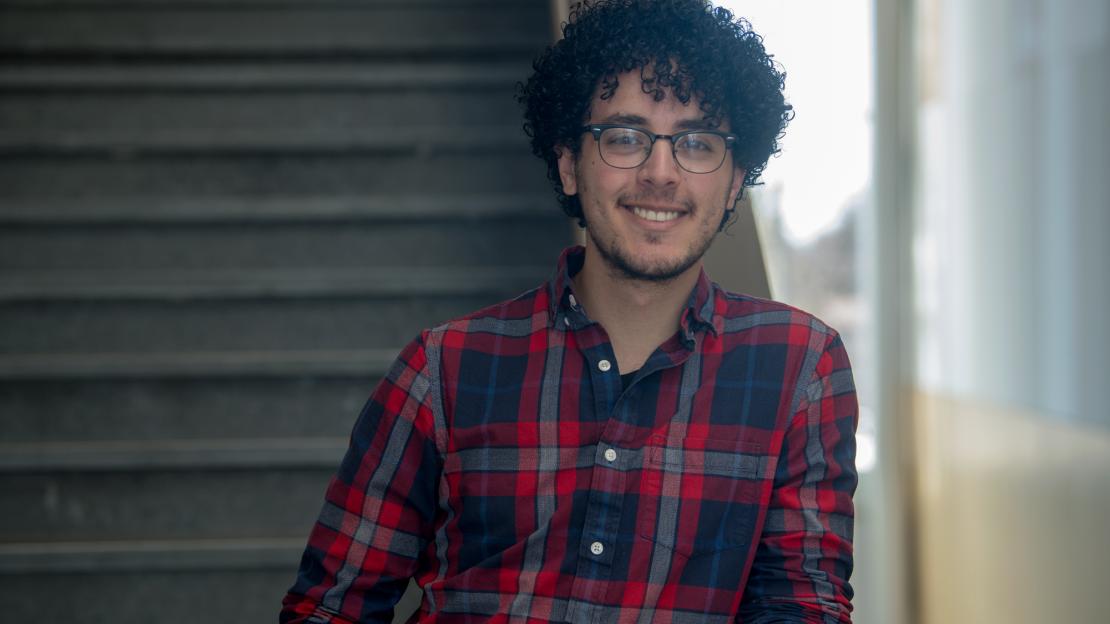Mohamed Moustafa developed his interest in computer science in high school.
He later built his own computer and realized just how much he liked working with machines when he came to U of T Scarborough.
The third-year computer science student later went on to become a teaching assistant, working with Brian Harrington, associate professor, teaching stream, in the Department of Computer and Mathematic Sciences.
After a discussion on Moustafa’s hands-on teaching techniques, Harrington invited him to co-author a paper on performance and confidence during examinations.
Moustafa recently presented his research at the ACM Technical Symposium on Computer Science Education (SIGCSE 2019) in Minneapolis, Minn., with help of the Academic Travel Fund.
Moustafa explains that in computer science, exams generally start with easier questions, then get harder as students progress. They wanted to see how students would feel after an exam if they switched that order — from hardest to easiest.
“We thought, ‘What if we applied the peak-end rule to it, flip the ordering and see if that helps students feel a bit more confident about the examinations?’”
A method of psychology, the peak-end rule explains that people tend to judge their experiences based on what they were feeling at the most intense moment and at the end of an event.
“We found that when we flipped the question ordering from hard to easy, it raised the confidence level in female students, but hurt the performance of international students.”
He says that getting the chance to travel to another country gives students the chance to “broaden their horizons” and to see their work in a different context, outside of the university.
“It’s really important to take these opportunities to see what the rest of the world is like and how that relates to the work you’re doing at UTSC. You get to see where you fit in the global community and understand the significance of your work.”
